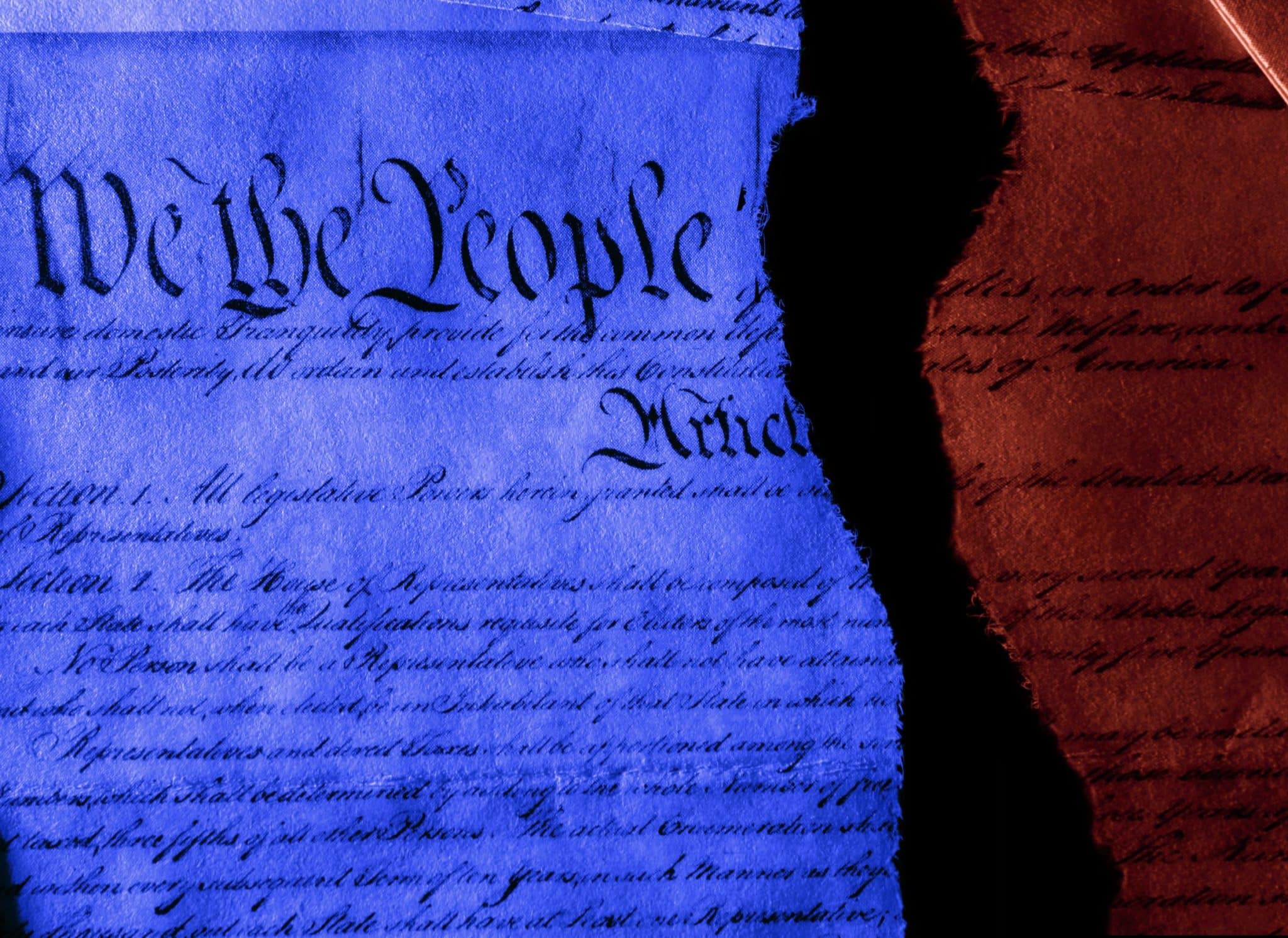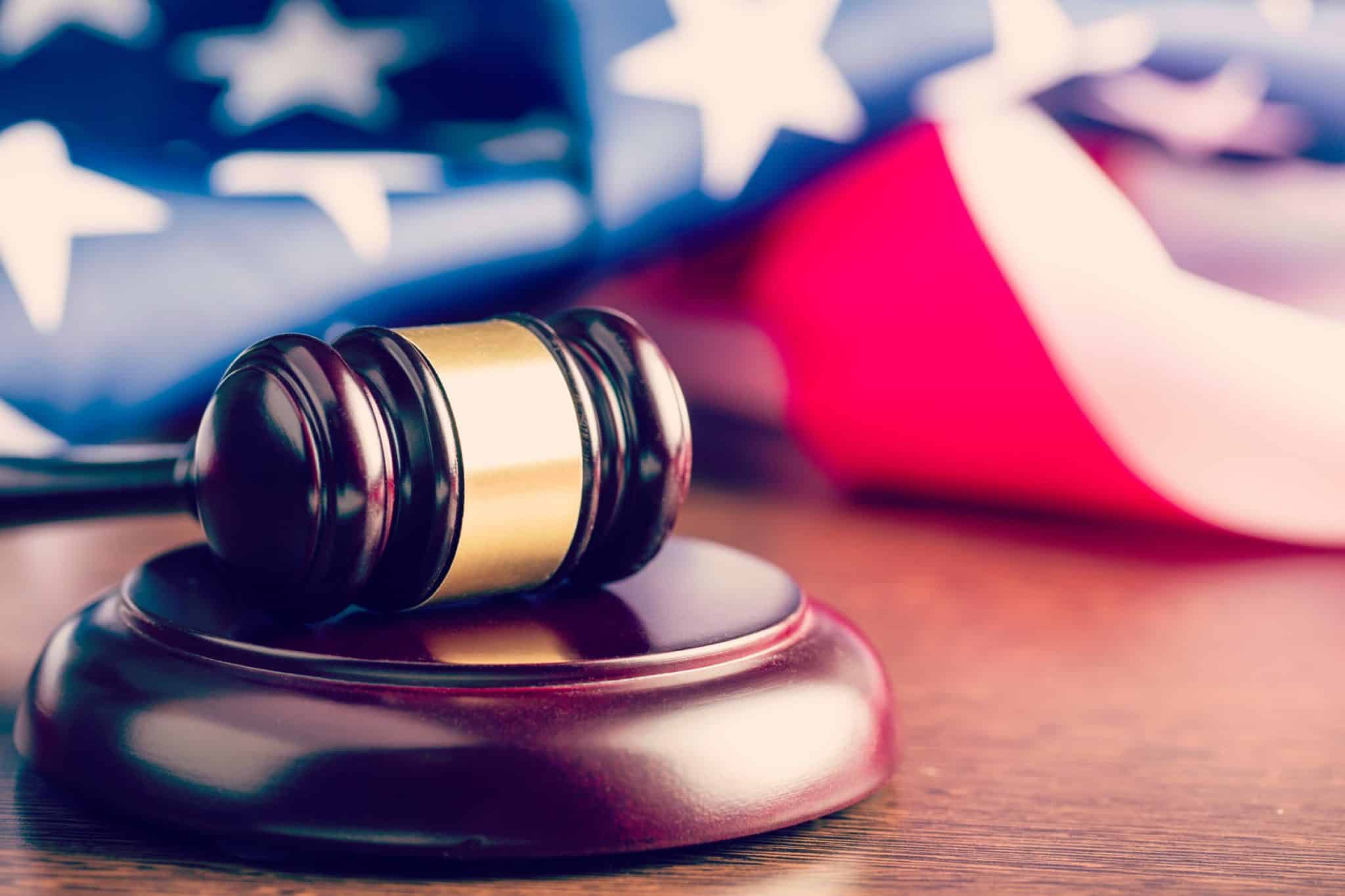Since January 6, 2021, there has been much media attention given to the various
investigations sourrounding the Capitol Building attack, particularly those relating
to obstruction of those investigations.
Now, a Texas lawyer is facing obstruction charges into the U.S. Capitol attack.
The lawyer in question represents the Oath Keepers, one of the groups involved
in the attack. She is facing federal obstruction charges for tampering with
documents central to the 1/6 investigation as well as concealing evidence against
her clients.
You may think you will never face federal obstruction charges. But given the legal
and political climate today, it is best to be informed about what constitutes
obstruction of justice.
Obstruction of Justice: What Is It?
As the term implies, obstruction of justice is someone knowingly interfering with
the administration of justice. It’s considered what is called a process crime—a
crime committed against the criminal process itself,with the judiciary as the
target of the crime.
Under federal law, obstruction of justice is any act that, by the threat of force or
corruptly, impedes, aims to impede, obstructs, or influences the administration of
justice.
There are different types of obstruction a person can commit under federal
statutes. For example, one statute applies to federal judicial proceedings, while
another applies to the obstruction of investigations by a federal agency – even
Congress.
How Obstruction of Justice Is Perpetrated
Obstruction is a broad charge. How it is brought against someone depends
entirely on the particular situation in question.
Some examples of acts prohibited under the law that are considered obstruction
of justice include:
- The obstruction of proceedings by a committee, federal agency, or
department - The obstruction of criminal investigations or court orders
- Tampering or retaliation of witnesses or informants
- Falsifying, destroying, or altering records
The acts vary from case to case. Sometimes, simply lying to federal investigators
can be considered obstruction. In others, bribes are involved.
The Penalties for Obstruction
If you are charged and found guilty of federal obstruction of justice, penalties are
severe. In most cases, prison time will follow, but how much depends on the
circumstances of the case.
Influencing or injuring an officer, for example, can send you to prison for up to 10
years, while obstruction of a federal agency can get you up to five years – or eight
if terrorism is involved. In cases involving violence, or where there is an attempt
on the life of a federal official, you can face up to 20 years in federal prison.
The role you play in the case against you will have an impact on your sentencing, too.
Federal charges, particularly obstruction of justice charges, are very complex. That’s why you need a skilled and experienced attorney to help you through the process and make sure you understand the full weight of the charges against you. You have rights. Ensure your rights are upheld and that a robust defense is part of your plan when facing indictment for obstruction.





